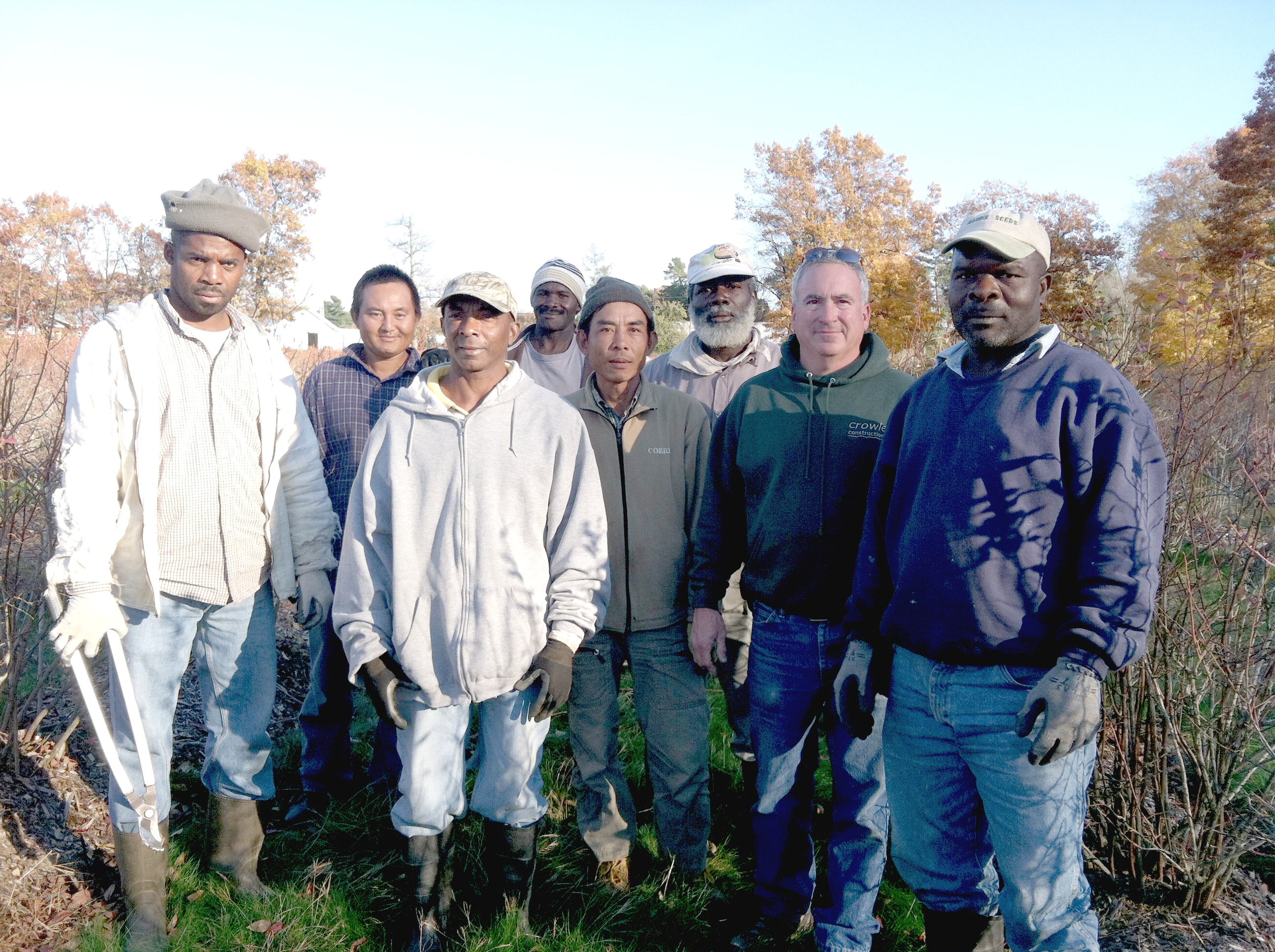A Heads Up: The call for participation in the “Toward Sustainable Foodscapes and Landscapes” Conference is now open. More information here.
Wednesday (Nov 21)
Candy-Cane-Making Demonstration
 Watch confectioners boil, pull, turn, roll and twist these sweet treats into delicious works of art, or create your own.
Watch confectioners boil, pull, turn, roll and twist these sweet treats into delicious works of art, or create your own.
11am. Laughing Moon Chocolates. Stowe. Free to watch; $6 to make your own. Please preregister by calling 802-253-9591 or emailing leigh@laughingmoonchocolates.com.
Find more food events on the Seven Days calendar.
Thursday (Nov 22)
Happy Thanksgiving! Find dinners and runs here.
Saturday (Nov 24)
Hot Chocolate Tasting
 Guests shake off the chill with four variations — classic chocolate, mountain mint, aztec and old-world — of this popular cold-weather beverage.
Guests shake off the chill with four variations — classic chocolate, mountain mint, aztec and old-world — of this popular cold-weather beverage.
12–4pm. Lake Champlain Chocolates. Burlington. Free.
Find more food events on the Seven Days calendar.
Sunday (Nov 25)
The Pennywise Pantry
Learn how to fill the drawers in your fridge and the shelves of your cupboards with fresh and nutritious foods without exceeding your grocery budget. With this interactive and hands-on tour, know where and how to store foods at home to get the longest use out of them, develop a better understanding of Co-op sales, and get inspiring tips and recipes to start cooking quick and affordable meals at home.
1-2pm. City Market. Burlington. Please preregister here.
Find more food events on the City Market calendar.
Monday (Nov 26)
Agriculture Supported Community: Lessons Learned from 15 years of civic agriculture
Josh Slotnick — a farmer and professor at the University of Montana’s PEAS Farm — will speak on the intersections of food, farming, community, environment, and education, and how they all work together to create a better world. He will discuss both the nitty gritty of how the PEAS farm model might help our college farm grow, and also how he has seen the PEAS farm become more than just a space for agriculture.
4:30pm. Room 104. Bicentennial Hall. Middlebury College. Middlebury.
Wednesday (Nov 28)
Making Change: Is it worth a penny an ounce?
The Center for Rural Studies and the Food Systems Research Collaborative host this group of panelists who will discuss the likely impacts if a tax were enacted on chocolate milk, soda, and other types of sugar sweetened beverages in Vermont.
4pm. Sugar Maple Ballroom. Davis Center. UVM Campus. Burlington. Free and open to all.
No Kid Left Behind Symposium
This event will bring together representatives from Vermont’s food industry including dairy-goat and meat-goat farmers, processors, distributors, chefs, state, federal and economic-development-agency employees and marketers. The goal is to engage in an honest and open discussion about how to create a sustainable meat-goat industry in Vermont by turning the 6,800 kids that are a byproduct of the state’s thriving dairy-goat industry into value-added meat.
9am-12pm. Noble Hall. Vermont College of Fine Arts. Montpelier. Please preregister by contacting Emily McKenna at Emily@SkilletCreative.com.
Other places to find Vermont food events:
Know a website to go here? Email the link to haylley.johnson@uvm.edu.
















